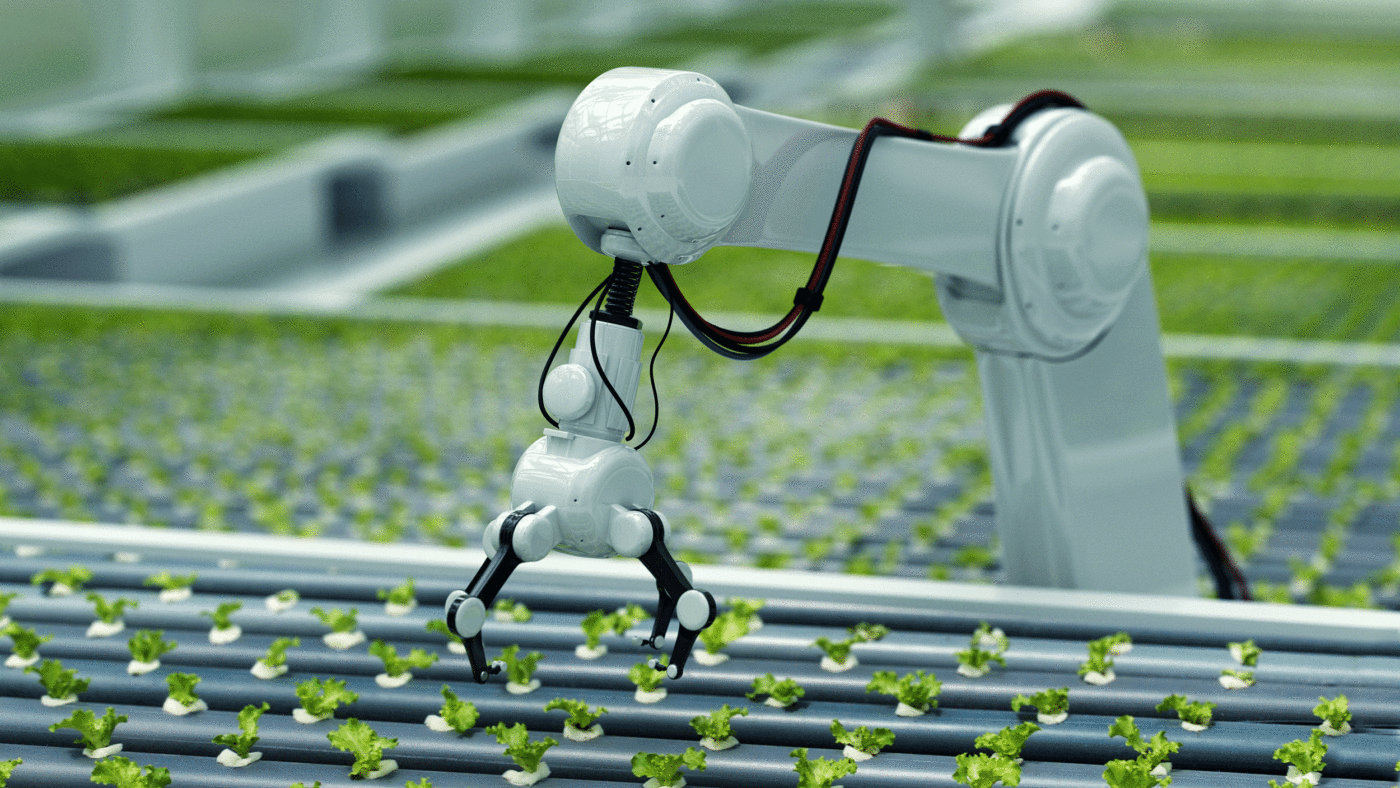Crisp Autumn mornings are incredibly evocative things. For some they stir a sense of melancholy, for others a sense of peace. But for me, it’s relief. Relief that I’m not in a hop garden, where my Autumn days used to start at 6am during the last few weeks of university holidays. Twelve hours a day, six days a week, until everything was picked. Heading back to university – exhausted and scratched from head to toe, but with a bank balance much recovered from the previous year – I spared little thought for those staying on at the farm. Mostly Romanians, they would remain for up to two more months to pick the grapes and apples, all the while the days getting colder and the work never easier.
For decades the UK farming industry has relied on cheap, imported labour to harvest the food we eat. It therefore seemed a pretty safe prediction that the ending of freedom-of-movement, coupled with covid, would lead to a shortage of farm labour.
No surprise therefore, that reports are coming in from all over the country that food is being left to rot in the fields for want of people to harvest it. Even more alarming is that this is the fifth or sixth year in a row that this has happened, with the problem getting worse each year.
Solving this problem is not only vital to our food security – the way in which we solve it needs to set the tone for the future of our food production.
The preferred solution of the Government and Brexiteers is that farmers increase harvest wages in an attempt to draw in sufficient UK labour to fill the shortfall.
Farmers, to be fair, have tried this – and it hasn’t worked. Pick for Britain, launched by DEFRA in 2020 to help recruit a ‘Land Army’ of UK seasonal workers, has been scrapped after just one year. Harvesting and processing most farm produce is monotonous and incredibly physically demanding, and the truth is that the UK workforce simply no longer wants to do this kind of work. While some may see this as a symptom of idleness and entitlement, in many ways it illustrates the success of a modern society where each generation has higher aspirations for their lives and for their employment.
It’s also not very economically progressive. Rising wages lead to inflation and, more specifically, rising wages within the food sector lead to higher food prices. We’re already seeing this, with the Retail Price Index showing food prices rising 1% in the last month alone. For those living on the breadline this kind of inflation can have devastating consequences.
Farmers on the other hand are calling for the widening of the seasonal worker visa scheme, to ensure continued access to cheap and reliable imported labour. While the Government relented last year and extended the scheme to 30,000 for 2021, the NFU think that as many as 90,000 are required to make up the shortfall.
Not only is this at odds with the Government’s commitment to curb immigration, it kicks the can further down the road. As the nations that we currently access this labour from advance and modernise you would expect young people to turn away from farm work, just as the UK workforce have done. Access to labour then once again dries up, and we find ourselves back at the point we’re at now.
Both will need to compromise, and thankfully there is a third option: seize this opportunity to deliver generational reforms in food production automation.
Yes it’s expensive, and yes the technology isn’t quite there yet – but given that we have robots digging rocks on Mars it’s far from beyond our technical capabilities.
One of the golden rules of economics is that the only thing that really makes us richer is increased productivity, and continuing to use human labour for tasks like picking apples and grading eggs represents a glass ceiling of agricultural productivity.
Arguably more than any other sector, farming will need to evolve rapidly over the coming decades. Demand for food will increase, and the space in which to produce it will almost certainly be chipped away – with developers on one side and conservationists on the other.
Solutions will only come through technological innovation, and the Government must find a way to cajole an industry that has evolved glacially over 10,000 years into temporarily painful but long-term beneficial reforms.
Handling of the farm labour crisis must be the first rung on the ladder, and it’s great that DEFRA have recently announced a review into automation in horticulture. But to actually bring about the change a clear timeline has to be set which is realistic about the current situation.
For example, introducing a 10 year tapering seasonal workforce visa, while at the same time announcing specific tax incentives for investment in farm automation.
This would ensure our shelves remain full in the short term, while catalysing a wave of investment in automation technology to meet the ten year deadline, bringing prices down and creating jobs in the meantime. Automation might not be the easiest solution, but it is the only way to solve this problem once and for all.
Click here to subscribe to our daily briefing – the best pieces from CapX and across the web.
CapX depends on the generosity of its readers. If you value what we do, please consider making a donation.


